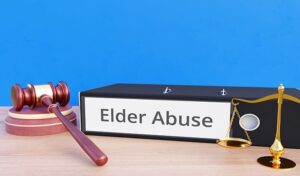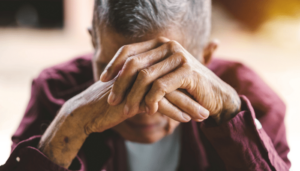
How Can I Report Elder Abuse?
Discovering that your loved one has been mistreated is devastating, but understanding how to report elder abuse can help secure their safety. Unfortunately, elders are not always able to speak

Discovering that your loved one has been mistreated is devastating, but understanding how to report elder abuse can help secure their safety. Unfortunately, elders are not always able to speak

Every year, thousands of older people experience elder abuse, which can be physical or emotional. Most of these victims are frail and vulnerable, so they can’t protect themselves. Sadly, the
UTAH INJURY LAWYERS
Flickinger • Boulton
• Robson • Weeks
PROVO OFFICE
3000 N University Ave
Suite 300
Provo, UT 84604
SOUTH JORDAN OFFICE
10393 S. Temple Dr.
Suite 103
South Jordan, Utah 84095
OFFICE HOURS
Monday- Friday: 8AM-5PM
Saturday-Sunday: Closed
*Disclaimer: the information provided by this website is for informational purposes only and should not be considered legal advice or a substitute for competent legal counsel.
**SMS consent and contact phone numbers will not be shared or sold to third parties or their affiliates for any purpose.
© 2025 All Rights Reserved.